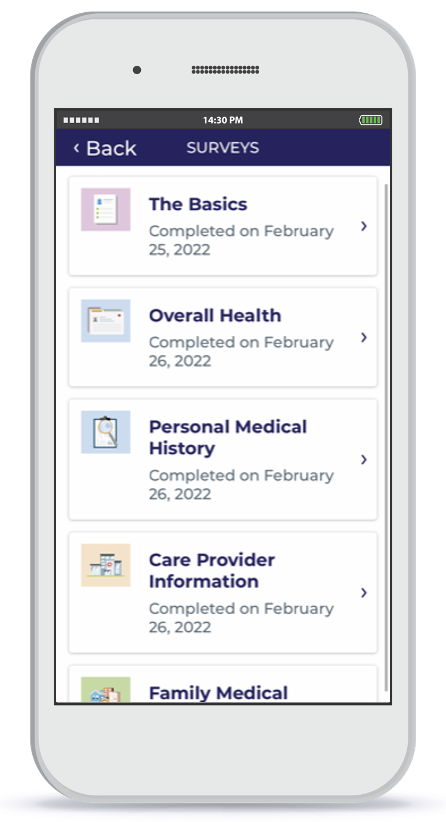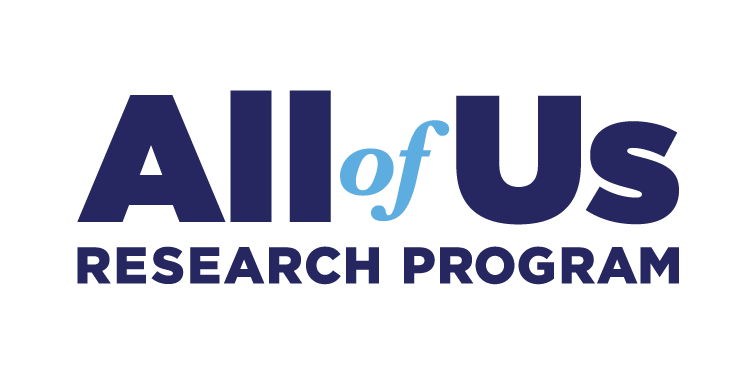How Virginia Commonwealth University Accelerated Data Collection from Twins for Long-COVID Study
Background
There is increasing evidence that some individuals suffer long term symptoms after recovering from Coronavirus Disease 2019 (COVID-19) infection. The term ‘long COVID’ was coined to refer to a variety of symptoms affecting different organs reported by people following a COVID-19 infection.
Twin360 is a research effort by scientists at Virginia Commonwealth University (VCU) who wanted to get the full picture of the impact of COVID-19 on the health of twin families. Twin360 analyzed long-term symptoms of COVID-19 that have been reported ranging across depression, exercise intolerance, weakness, and neurologic symptoms.
Studying twins who had the virus, as well as those who did not, is a powerful way to understand the impacts of COVID-19 and improve our ability to support those impacted.

Cohort
The Twin360 project needed to recruit a large number of participants quickly, and the study primarily used the Mid-Atlantic Twin Registry of Virginia Commonwealth University (MATR). MATR was established in the 1970s as a resource for scientists to better understand the genetic and environmental influences impacting human health and disease—through conducting research with twins.
Twin360’s research cohort recruited twins identified as having electronic health record information in the VCU health system. The study compared responses to surveys from participants with data from their electronic health record, if they agreed to provide access to that information through informed consent.
Twin360 By the Numbers
Approach and Methods for Assessment and Data Collection
Participant Portal
Informed eConsent
Through a series of text screens and videos hosted on the participant portal, the Twin360 study educated participants about participating. Agreement to participate was documented with digital signatures. The eConsent software automatically emailed participants a copy of the IRB-approved PDF consent form with their added signatures, and participants could withdraw their consent at any time.

Participant-Generated Data & Surveys
- Basic information
- Information about the participant’s twin and the twin relationship
- Details about the participant’s experience with COVID-19
Electronic Health Record Data
The Twin360 study also collected participant electronic health record data (EHR) and linked them to survey and biospecimen data for use in a broad range of research. EConsent for this data collection was processed through the participant portal, running on Vibrent’s Participant Experience Manager.
Recruitment and Engagement
The Twin360 study team selected 5,588 adult twins who had already consented to re-contact from the MATR for outreach. The study staff used multi-modal communication to drive the twins to the Twin360 study platform, run on Vibrent Health’s Participant Experience Manager platform.
Email and SMS recruitment
Multi-modal communication
- A mailed letter including a QR code (linking to Twin360 site)
- Up to 15 phone calls at varying days of the week and time of day
- A guided conversation with MATR staff taking participants to the Twin360 website
Research Impact
- Cross sectional: Resolve genetic and environmental influences on outcome
- Longitudinal: Genetic and environmental influence on developmental change
- Discordant Monozygotic Twins: specific environmental influences
- Epigenetic or Gene Expression: Characterizing mechanisms of environmental influence
- Children of Twins: Social and genetic transmission of risk from parents to children
- Spouses of Twins: Analyzing the role of mate selection in populations


